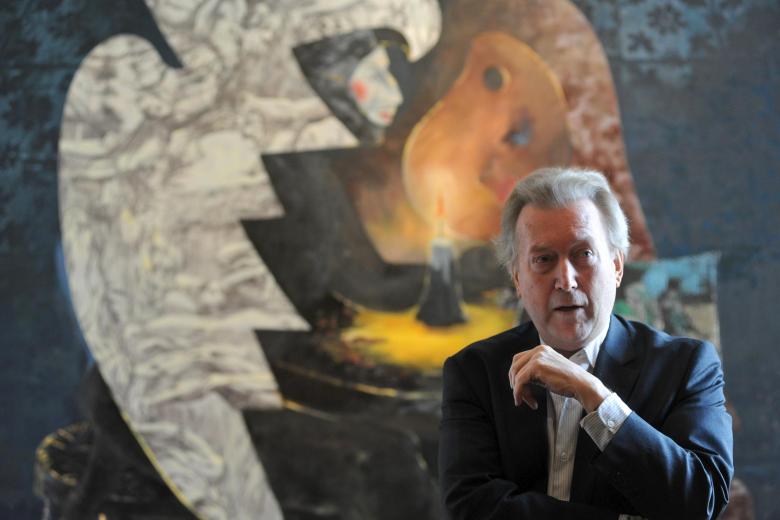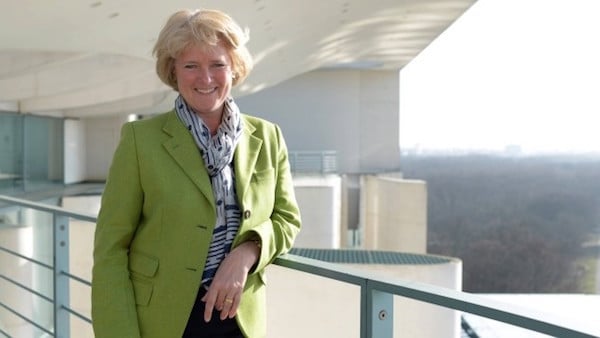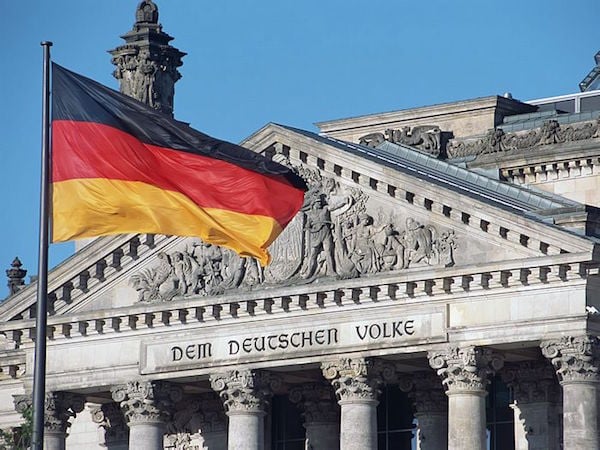Galleries
Gallerist Michael Werner Lambasts Germany’s Cultural Protection Law
“The art market is not the enemy but the only supporter of artistic life," Werner said.

“The art market is not the enemy but the only supporter of artistic life," Werner said.

Henri Neuendorf

The German gallerist and art dealer Michael Werner has questioned the motives behind German culture minister Monika Grütters’s proposed changes to Germany’s cultural heritage legislation.
In an article published in the German newspaper Die Welt, Werner accused the German state of using the controversial legislation as a way to generate revenue from the cultural industry.
“It can only be about control,” he wrote. “They want to know, despite contrary statements, what private citizens have hanging in their living rooms. They want to make money, as they did in 2014 with the ‘normalization’ of the VAT rate on works of art.”

Art experts have criticized German Culture Minister Monika Grütters’ Cultural Property Protection Act.
Photo: Caro/Waechter via FAZ
The dealer—who was behind the success of German artists including Markus Lüpertz, and A.R. Penck, and whose successful gallery has branches in New York, London, and across Germany—was referring to last year’s 12 percent VAT raise on the sale of cultural goods in Germany, which went from a reduced rate of 7 percent to the national rate of 19 percent.
Although Werner admitted to being “biased as an art dealer,” he bemoaned the minister’s attempts to portray culture, money, and national identity as antagonistic principles, insisting that “trade is the most important part of the art world.” He explained that “taking trade out of the equation by making it a scapegoat would dissolve the art world into nothing.”
In his argument, Werner cited an interview with Tagesspiegel in which Grütters justified the law change by claiming the government was aiming to protect national identity, which “arises foremost from the cultural life of a country.” “In times of increasingly scrupulous markets, we can’t deal with art like garden furniture or bedsheets,” Grütters said.

The German legal framework has hindered art trade.
Photo: Wallcoo
“Without the art market there wouldn’t be any art […]. In our reality every artist, whether alone or with help of a gallerist, must find a buyer on the market,” Werner disagreed, asking Grütters to support the art market instead of antagonizing its participants.
“The art market is not the enemy but the only supporter of artistic life,” Werner declared. “Trade creates identity because it stands up for freedom and private property […] on which our social life and the lives of our artists are based.”